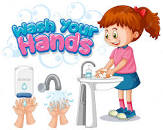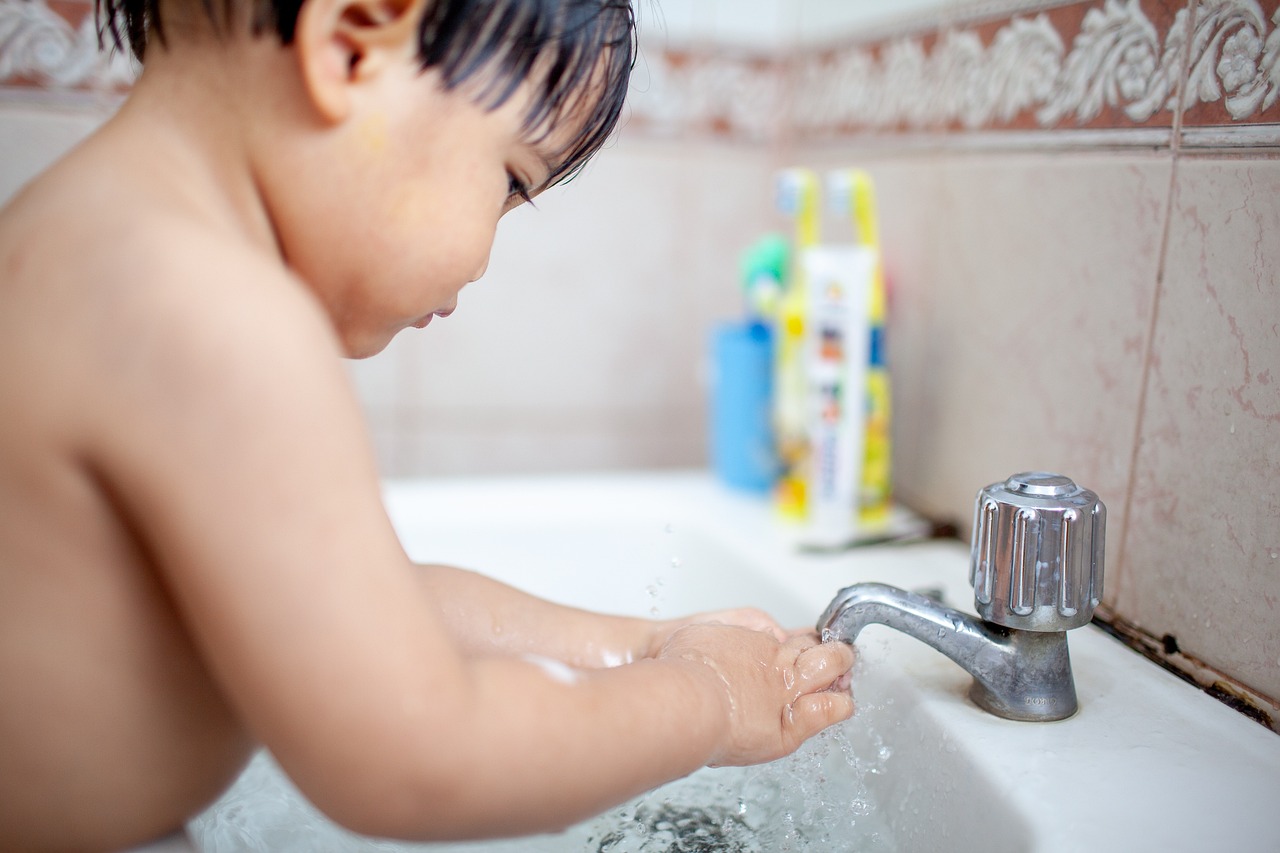Teething and Hand Hygiene, Medication-Free Child Health, Understanding the Link and Ensuring Child Health, Importance of Hand Hygiene, The Role of Hand Washing during Teething
Introduction:
Teething is a significant milestone in a child’s development that often comes with its own set of challenges. Many families associate teething with various symptoms, including upset stomach, without fully understanding the underlying mechanisms. Dr Shaikh, a respected authority in pediatric care, sheds light on the connection between teething, hand hygiene, and maintaining a healthy digestive system. This article explores the scientific reasoning behind his suggestion to wash a baby’s hands with soap during the teething phase.
The Misconception:
One common misconception is that teething directly causes upset stomachs in children. However, research and medical understanding indicate that teething itself does not produce gastrointestinal symptoms. Dr Shaikh emphasizes that it is the behaviour associated with teething that can potentially lead to stomach issues.

Scientific Explanation:
- Teething and Hand-to-Mouth Activity: During the teething phase, a child’s gums may become itchy or uncomfortable. As a result, they frequently put their hands or objects in their mouth to alleviate the discomfort. This increased hand-to-mouth activity can inadvertently introduce harmful germs or bacteria into the baby’s system.
- Microbial Contamination: Hands, being in contact with various surfaces, can harbour microbes. When a child puts their hands in their mouth, they risk ingesting these microbes. Some of these microorganisms may be harmful and can potentially cause digestive problems or infections.
- Importance of Hand Hygiene: Hand hygiene plays a vital role in reducing the transmission of germs and preventing infections. By washing the baby’s hands with soap, harmful microbes can be effectively eliminated, reducing the risk of gastrointestinal disturbances and associated health issues.
Scientific Research Supporting Hand Hygiene:
Numerous scientific studies have emphasized the significance of hand hygiene in preventing the transmission of pathogens and promoting overall health, especially in infants and young children. The following points highlight some key findings:
- A study published in the Journal of Pediatric Gastroenterology and Nutrition demonstrated that improved hand hygiene practices in childcare settings resulted in a substantial reduction in gastrointestinal illnesses among children.
- b. The World Health Organization (WHO) recommends hand hygiene practices, including regular handwashing with soap, as a fundamental measure to prevent the spread of infectious diseases, particularly among young children.
- c. Research conducted by the Centers for Disease Control and Prevention (CDC) has consistently shown that proper hand hygiene significantly reduces the risk of diarrheal diseases, respiratory infections, and other contagious illnesses in children.
The Role of Hand Washing during Teething:

Dr Shaikh’s suggestion to wash a baby’s hands with soap during teething days aligns with the broader understanding of the importance of hand hygiene. By maintaining clean hands, parents can minimize the risk of introducing harmful microbes into their child’s digestive system. Washing hands with soap, particularly at crucial times throughout the day, helps break the transmission chain of pathogens and promotes a healthier environment for the child.
Conclusion:
While teething itself may not directly cause upset stomachs in children, the associated hand-to-mouth activity can introduce harmful microbes into their system. Dr Sameer Shaikh’s recommendation to wash a baby’s hands with soap during the teething phase aligns with scientific research supporting the importance of hand hygiene in preventing the transmission of germs and reducing the risk of gastrointestinal disturbances. Parents and caregivers should be aware of the connection between hand hygiene and child health, especially during critical developmental stages such as teething. By implementing regular handwashing practices, using soap, and maintaining a clean environment, families can contribute to their child’s overall well-being and reduce the likelihood of digestive problems and associated health issues.
- Disclaimer: The contents of this article are intended to raise awareness about common health issues and should not be viewed as sound medical advice for your specific condition. You should always consult with a licensed medical practitioner prior to following any suggestions outlined in this article or adopting any treatment protocol based on the contents of this article.


